




Contents
vii
ix
xiii
xix
Foreword
 OY, THE YEARS GO BY FAST now. I've been looking at it like, between this Friday and the next Friday, it seems like it's getting shorter and shorter. I'm using my time right, but it's always that pursuit of happiness. There's more happiness, but the one you're looking for, I think, stays the same distance away.
OY, THE YEARS GO BY FAST now. I've been looking at it like, between this Friday and the next Friday, it seems like it's getting shorter and shorter. I'm using my time right, but it's always that pursuit of happiness. There's more happiness, but the one you're looking for, I think, stays the same distance away.
This world is different, but it's the same difference with another name. If I didn't play music from now on, I wouldn't be a musician-and I'm gonna hang in there whatever happens. I'm still doing music, and still representative of the truth. I like playing with everybody, but I can only harmonize with a few. If everybody from the old band could afford to get together and stay together for about a month and then go to play gigs, that would be cool. We do love to play with each other.
I don't read much of what anybody writes about me, but I know that it's mostly secondhand stuff that looks like it's supposed to be firsthand. I don't know nobody, and nobody knows me, and they don't know what they're talking about. But I see why they say some things that they consider negative, especially when it has to do with what will sell their damned things.
I like the way Jeff tells my story. It seems level, and it seems on the level. He keeps how I look at things separate from anybody else's looking at things. I'm only craving fewer pieces of paper, fewer words in my letters and fewer letters in my words, in order to say what I gotta say. The rest of it, like this book, happens natural, and everything's good after that. My opinion about things is still the same, and I'm pretty aggressive about making sure people hear it. They accept it easy, or they gotta accept it hard.
Thank you, Jeff.
-SYLVESTER STEWART/SLY STONE From inside his '58 Packard Napa County, California February 2008
Preface
 AVID KAPRALIK CAME TO SEE my group at the Sugar Shack in Boston and he was blown away. He was ready to sign us as soon as possible.
AVID KAPRALIK CAME TO SEE my group at the Sugar Shack in Boston and he was blown away. He was ready to sign us as soon as possible.
I was overwhelmed. This was the dude-at the time he was a well-known Columbia Records executive.
Three weeks later, I walked into his office in New York and he was frantically rushing around. He laid some pictures out on the floor, on the table, all over the place, while giving me advice on our show-he talked about me being the center of attention, about being brighter and wearing brighter clothing, etc. He was comparing me to the guy in the pictures.
I had heard this comparison before-it was Sly and the Family Stone.
He said, "I better be right, because I am betting my life on this. I am my leaving my job here at Epic to manage him." At the same time, he was pulling out records and putting them on the turntable for me to hear, and he said, "Remember, it's different."
I said, "You're damn right it's different!" They were a mixed, beautiful group. Black, white, and big Afros. They looked like Funkadelic on Motown! We were very similar, but dark. They looked like a polished version of us.
When the first record played, I didn't know what to think. Were they a white group? They had a strange pop sound. Their pop songs, like "Stand" and "Everyday People," were as pop as you could possibly get, but the black songs was as black and funky as Ray Charles and James Brown. They had the biggest Afros in the world. I thought it was a Bay Area thing, like Huey Newton.
"Sing a Simple Motherfucking Song" was the bomb! This was it. This song hit me just like "What'd I Say" by Ray Charles. It was the funkiest thing I had ever heard in my life, from Motown to James Brown to the Beatles. I knew then David knew what the fuck he was talking about. They were the complete package: they could play, sing, write, and produce, and all superior to anybody I'd ever seen or heard before. David had to pull me away-I was so into Sly's records that I forgot I had gone up there to sign a deal for myself.
David told me I would see for myself that night-he was taking me with him to see Sly.
The show was going to be at the Electric Circus, a small club in the East Village in New York. As showtime approached, I realized David had his hands full dealing with tickets, backstage passes, people, so I told him I would be okay, I would just get a seat.
I walked down to the West Side to a store called Paul Sergeant and got me some funky haberdashery for the night. I knew I had to represent. So many people had compared us.
I showed up at the Electric Circus by myself. I got some acid and I was so high, everything was beautiful, which was not unusual for the East Village on a tab of sunshine. When I arrived at the front door, they saw the look on my face and let me right in. This was a special night. It seems like everyone was high and happy.
It was a psychedelic club, with black lights, posters, side rooms with couches and dens. Everyone was sitting down, relaxing. All of a sudden there was a big commotion. People had been waiting for a good while, and all of a sudden all hell broke loose-I had never heard bass like this before, and one of our bass players, Billy Bass Nelson, would have eight cabinets, so I knew what bass sounded like! Larry Graham was loud as hell! They had the clarity of Motown but the volume of Jimi Hendrix or the Who. They literally turned this motherfucker out. That would be the impression that Sly left on me for the rest of my life.
"Jane Is a Groupee," "Plastic Jim," "Underdog," "Don't Call Me Nigger, Whitey"-whether political, social, or party songs, you always thought they were speaking directly to you personally. Not unlike Bob Dylan or Smokey Robinson.



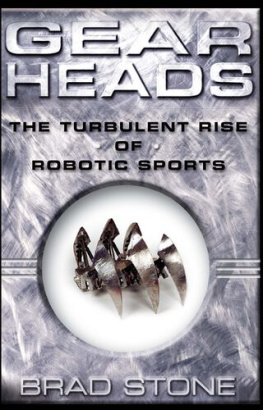
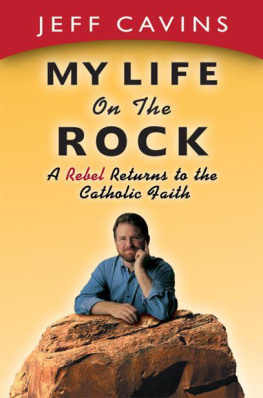
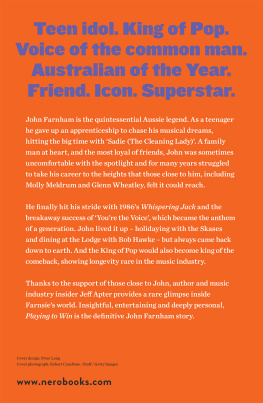
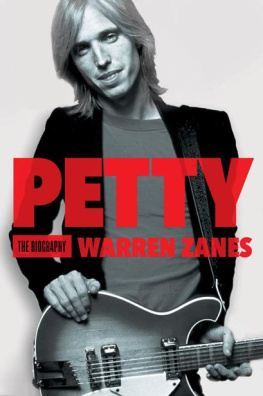
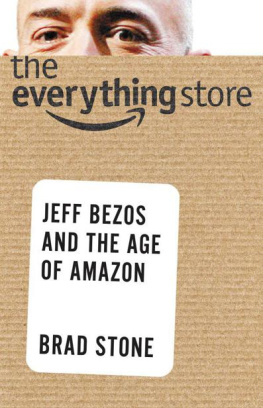
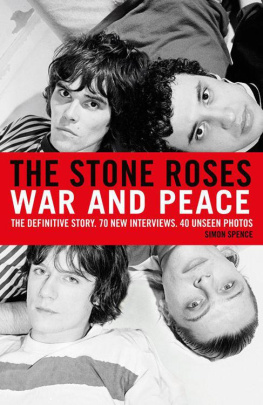
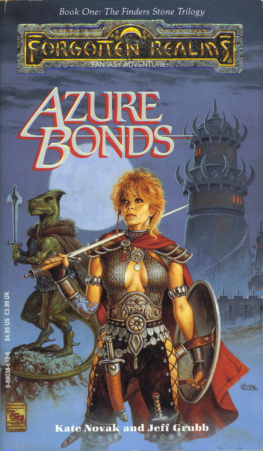












 OY, THE YEARS GO BY FAST now. I've been looking at it like, between this Friday and the next Friday, it seems like it's getting shorter and shorter. I'm using my time right, but it's always that pursuit of happiness. There's more happiness, but the one you're looking for, I think, stays the same distance away.
OY, THE YEARS GO BY FAST now. I've been looking at it like, between this Friday and the next Friday, it seems like it's getting shorter and shorter. I'm using my time right, but it's always that pursuit of happiness. There's more happiness, but the one you're looking for, I think, stays the same distance away. AVID KAPRALIK CAME TO SEE my group at the Sugar Shack in Boston and he was blown away. He was ready to sign us as soon as possible.
AVID KAPRALIK CAME TO SEE my group at the Sugar Shack in Boston and he was blown away. He was ready to sign us as soon as possible.